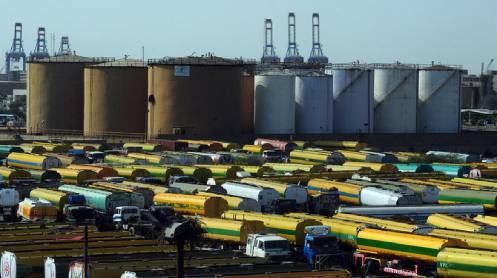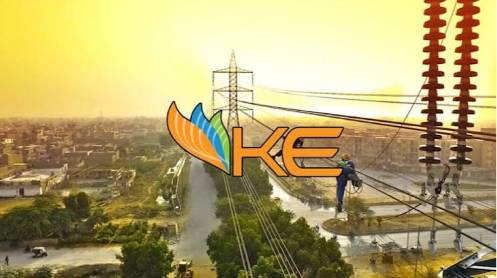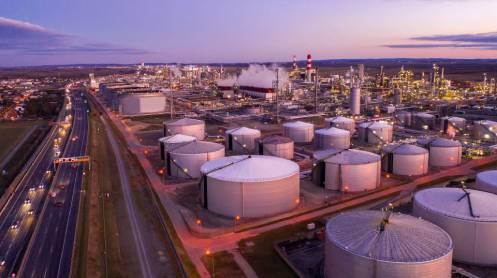The Finance Division has initiated discussions with refiner Cnergyico Pk Limited (CPL) to address an outstanding amount of Rs47.5 billion in unpaid petroleum levy (PL) on petroleum products, as revealed by an official document.
According to the document, CPL has been in arrears since 2019, resulting in a significant accumulation over the past four and a half financial years. Despite government efforts to recover the amount, CPL has contested these attempts in court.
In response to CPL’s proposal for a Deed of Settlement (DOS) to settle the dues, the Petroleum Division (PD) has recommended approval, allowing CPL to pay Rs225.2 million upfront and Rs790 million monthly over 60 installments spanning five years. Additionally, CPL has offered postdated cheques as a guarantee.
CPL’s proposal aligns with the Brownfield Refinery Policy, which stipulates that refineries in default of government dues, including PL on petroleum products, are ineligible for incentives under the policy for refinery upgrades. CPL intends to execute an upgrade agreement with the Oil & Gas Regulatory Authority (OGRA) and establish a joint escrow account to deposit incremental incentives until the outstanding PL is cleared.
However, the Finance Division has requested bank guarantees from CPL, citing concerns about timely payment. It also advocates for a reduction in the payment duration from five to three years and the inclusion of late payment surcharges in the installment plan, which could increase the outstanding amount to over Rs60 billion.
While the Petroleum Division supports CPL’s proposed DOS, the Finance Division insists on an improved plan due to CPL’s history of default. Past efforts by government departments, including the Finance Division, Federal Investigation Agency (FIA), and Ministry of Interior, to recover the outstanding amount have been met with legal challenges.
As negotiations continue, the government seeks assurances from CPL to address the outstanding PL, ensuring compliance with regulatory obligations and fiscal discipline in the petroleum sector.
Story by: Tanveer Malik





